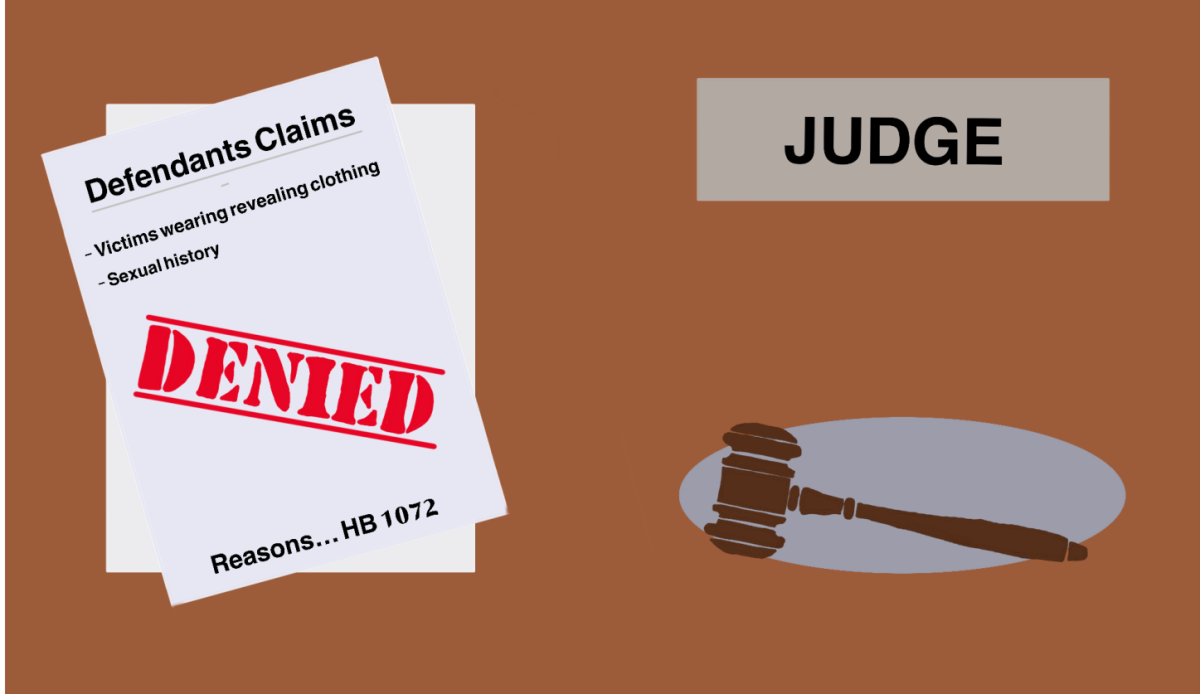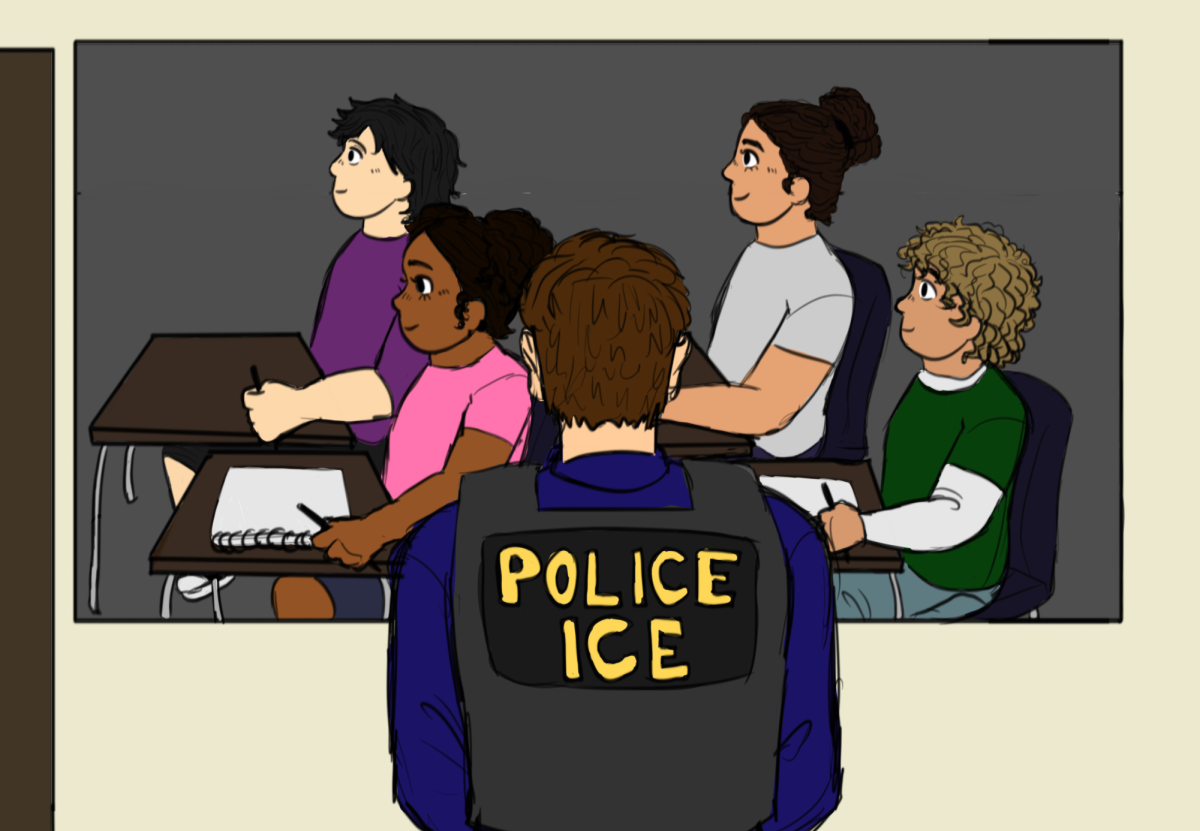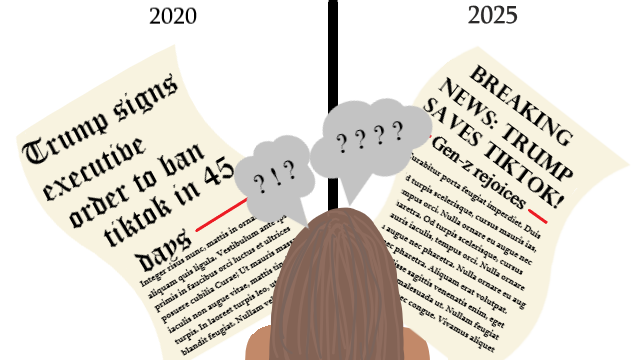On April 24, Colorado Governor Dianne Primavera signed HB 1072—a bill prohibiting defendants from addressing certain details such as how a sexual assault victim dressed or their sexual history as proof of consent. Taking effect on July 1, this opens up a new gateway for how court cases revolving around sexual assault will be handled, ensuring that victims will be trialed fairly.
According to Statista’s data, approximately 133,294 sexual assault court cases were reported in the U.S. as of 2022. Despite this high number, rape and sexual assault are one of the most underreported crimes, with around 63 percent of them going unreported. This is a call for states to implement systems or bills defending and bringing justice to victims, similar to HB 1072.
As of now, the U.S. criminal justice system is continuously failing to bring justice to victims who have experienced sexual assault. For instance, in a 2021 case, 22 year old Madison Smith empaneled a grand jury after recounting her rape story “to strangers to collect hundreds of signatures.” This was after the county prosecutor declined to file rape charges against a man she accused of attacking her as he considered it an “immature” sexual encounter.
During the case, the county attorney told Smith’s mother that the “case was challenging because Smith didn’t verbally withdraw consent during the encounter.” However, Smith explained that she could not speak because the man was slapping and strangling her. The court brought injustice to Smith in various aspects, especially in dismissing her overall experience and excusing the assaulter’s actions. It is consequential for officials to note signs of consent withdrawal—even if it’s not verbal, but physical.
Situations like these contribute to the reasoning of why sexual assault victims are not reporting their cases. The Rape, Abuse & Incest National Network provides statistics revealing that approximately “out of every 1000 instances of rape, only 13 cases get referred to a prosecutor and only seven cases will lead to a felony conviction.” Considering this, it is more than crucial to emphasize that victims are constantly dismissed or minimized by prosecutors and workers in the criminal justice system—leading to unreported cases, silence and injustice.
On the other hand, when victims do use their voices and attempt to seek justice, they often encounter drawbacks from the court. In a more recent rape case in Tennessee involving a group of women, officials were seen blaming the victims for the outcomes they faced. Specifically, Johnson City Manager Cathy Ball allegedly stated that the victims were “at fault” to a degree for their assaults because they “consumed and partook in illegal drugs.” Initially, the women filed a lawsuit after multiple allegations of the city police failing to act after they found a list on the assaulter’s “nightstand scrawled with the first names of 23 women, under the word ‘raped.’”
Similar to Smith’s case, the Tennessee officials were victim blaming, all while slightly defending the assaulter’s actions. Victim blaming is often expressed through various forms and phrases stated by assaulters or third parties— important officials like Ball are the absolute last people who should blame victims. It is highly inappropriate and close-minded for workers in the criminal justice system to make conflicting remarks, bringing injustice to victims.
Although not all rape cases are dismissed, a lot have been concluded as “unfounded,” allowing law enforcement to close cases without coming to a conclusion. According to a research study published by the National Library of Medicine, out of the five percent of sexual assaults reported, approximately “one in five cases” are deemed unfounded and “baseless.” To this day, the U.S. criminal justice system is failing victims, bringing significant injustice to their appalling experiences.
The criminal justice system has a duty to not only promote public safety and bring justice to victims but also to inflict consequences upon criminals and assaulters. Nonetheless, little to no action has been taken to support thousands of sexual assault victims. As leaders and officials, it is important to protect victims efficiently, similar to how Colorado implemented HB 1072—taking a step closer for victims to see the light of justice.








